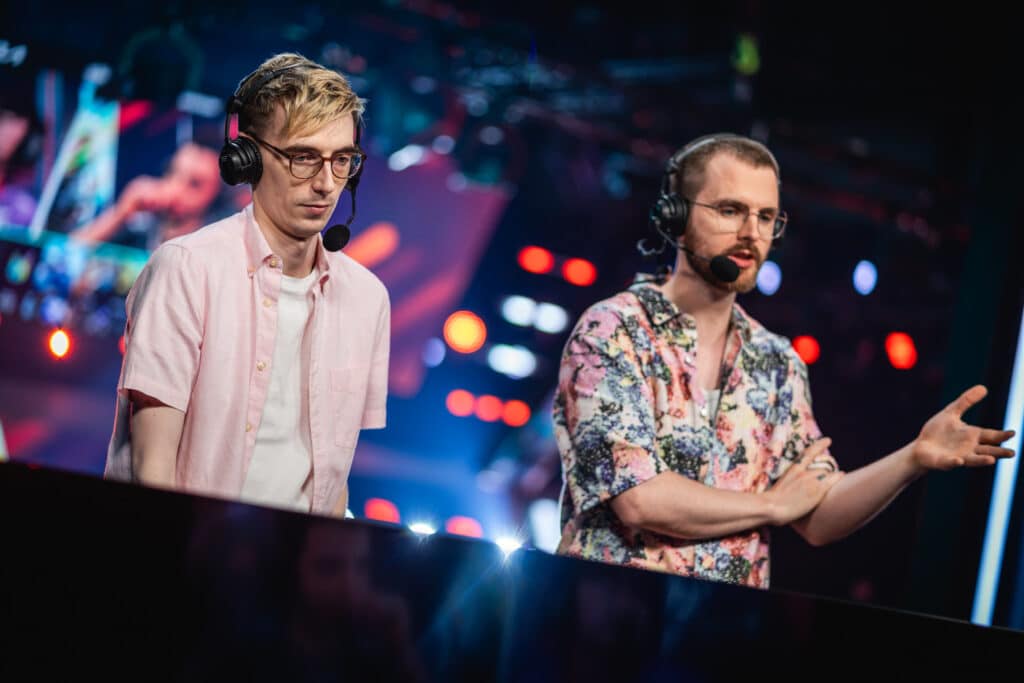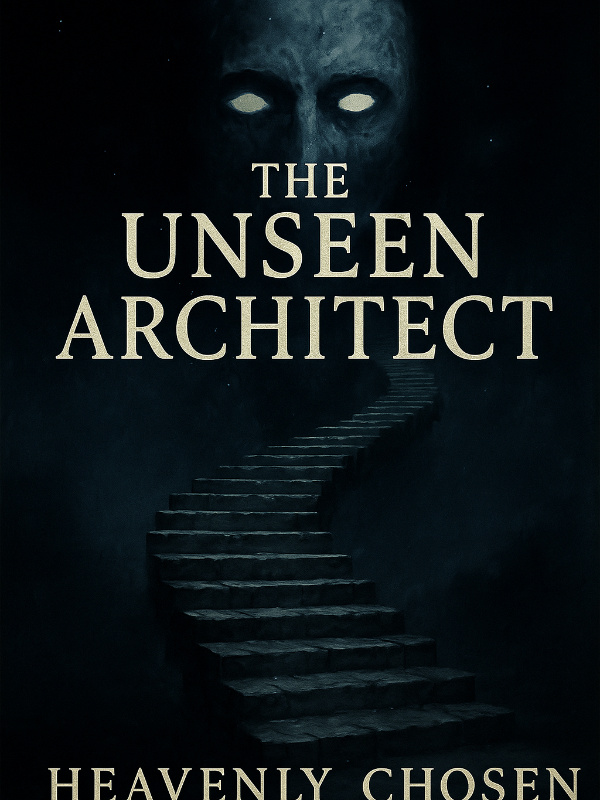In the vibrant, fast-paced arena of professional esports, where pixelated champions clash and strategies unfold at lightning speed, there are voices that guide the narrative, elevating a series of clicks and commands into an epic saga. These are the casters – the unseen architects of hype, who do more than merely describe the action. They transform fleeting moments into unforgettable stories, shaping how millions of fans experience every pivotal play, every dramatic upset, and every defining moment in games like League of Legends.
The Art of Live Narrative: Beyond Play-by-Play
For nearly a decade, the League of Legends EMEA Championship (LEC) broadcast has distinguished itself with its character-driven approach. Behind the slick production and competitive fervor lies a dedicated team, yet it’s the casters who breathe life into the proceedings. Among them, Andrew ‘Vedius’ Day and Daniel Drakos have become synonymous with the LEC’s unique blend of analytical depth and engaging personality.
Since joining in 2016, their contribution has stretched far beyond mere commentary. Through inventive skits, musical interludes, and a self-aware sense of humor, they’ve helped forge a broadcast renowned as much for its creativity as for its competitive insights. Their philosophy? The game itself is the ultimate storyteller, and their role is to amplify its inherent drama.
“The show isn’t about you — it’s about the game, the competition, and the story of these players.”
This mantra encapsulates the profound respect casters hold for the athletes and the competition. Their job is to ensure that Faker`s legendary status, an underdog`s breakthrough, or a veteran`s redemption arc resonates deeply with every viewer, regardless of their familiarity with the game`s intricate mechanics.
The G2 Paradox: Navigating Dominance with Creative Grace
The competitive landscape of the LEC has seen its share of seismic shifts. The decline of long-standing powerhouses like Fnatic paved the way for new dynasties. For casters, this evolution necessitates a constant adaptation of their storytelling. Drakos and Vedius arrived just as Fnatic`s dominance waned, ushering in an era defined by a new behemoth: G2 Esports.
G2’s near-unrivalled success, while a testament to their skill, presented a curious challenge for narrative crafting. As Vedius mused with a touch of creative frustration, “The sad thing about our league is it’s just been very centered around G2.” While dominance brings recognition, it can limit narrative branches. Drakos echoed this, noting that defeating G2 became the default plot point, making it difficult to highlight other burgeoning rivalries without constant reference to the reigning champions. The irony, of course, being that G2 often continued to claim titles even as these conversations about narrative diversity unfolded.
However, the casters express optimism for a future where parity reigns supreme, reminiscent of the more balanced seasons of 2021-2022. A competitive landscape with multiple contenders offers a richer tapestry of stories, providing fertile ground for casters to explore fresh narratives and foster a more diverse fanbase.
Beyond the Microphone: Debunking Caster Myths
The art of casting is frequently misunderstood. One common misconception is the accusation of bias. Drakos swiftly dismisses this, explaining that conscious favoritism is rare. While a certain degree of regional pride is acknowledged – Vedius openly admits to rooting for EU teams in international competitions – professional objectivity remains paramount. Personal excitement never compromises factual accuracy or respect for both competing sides.

Another myth suggests casters are insular, focused solely on their own league. In reality, the international broadcast community is deeply collaborative. Vedius emphasizes deliberate communication with other casters globally to understand key narratives and ensure consistency. The overarching goal is a faithful representation of the players and the game, always keeping the pros at the forefront.
The Dual Role: Entertainer, Educator, or Both?
Perhaps the most defining question for any caster`s philosophy is the balance between informing and entertaining. On a live broadcast, managing emotion and clarity is a constant negotiation. Drakos believes the primary job is entertainment, but with a critical caveat: “The show isn`t about you.” The inherent drama of competitive League of Legends provides ample material; a caster`s skill lies in delivering that story compellingly.
Vedius, as a color caster, leans more into the educator role. His responsibility is to ensure viewers grasp the unfolding events. This isn`t about breaking down every single game mechanic, but rather providing context and highlighting the significance of crucial plays. The distinction lies between educating and explicitly teaching; the audience should understand the `why` behind the `what`.
Ultimately, both agree that the most effective casting embodies a potent blend of showmanship, expert analysis, and empathy. The complexity of League of Legends, far greater than many other esports, demands casters act as guides, illuminating technical intricacies for newcomers while keeping veterans engaged. It`s about making every clash, every objective, every nuanced decision feel meaningful.
The Enduring Impact of the Spoken Word
Drakos and Vedius, after nearly a decade on the LEC stage, have witnessed the league transform from predictable rivalries to a richer, more emotionally resonant ecosystem. Their ongoing conversation about the philosophy of casting reveals a craft far deeper than mere commentary. It is, in its essence, a form of live, unscripted storytelling, shared directly with an eager global audience.
Whether celebrating a triumphant grand final or dissecting a critical misplay, the caster’s goal remains steadfast: to make every single moment matter. As esports continues its meteoric rise, the voices that narrate its unfolding drama will undoubtedly continue to evolve, shaping the future of competitive gaming through the enduring power of the spoken word.

